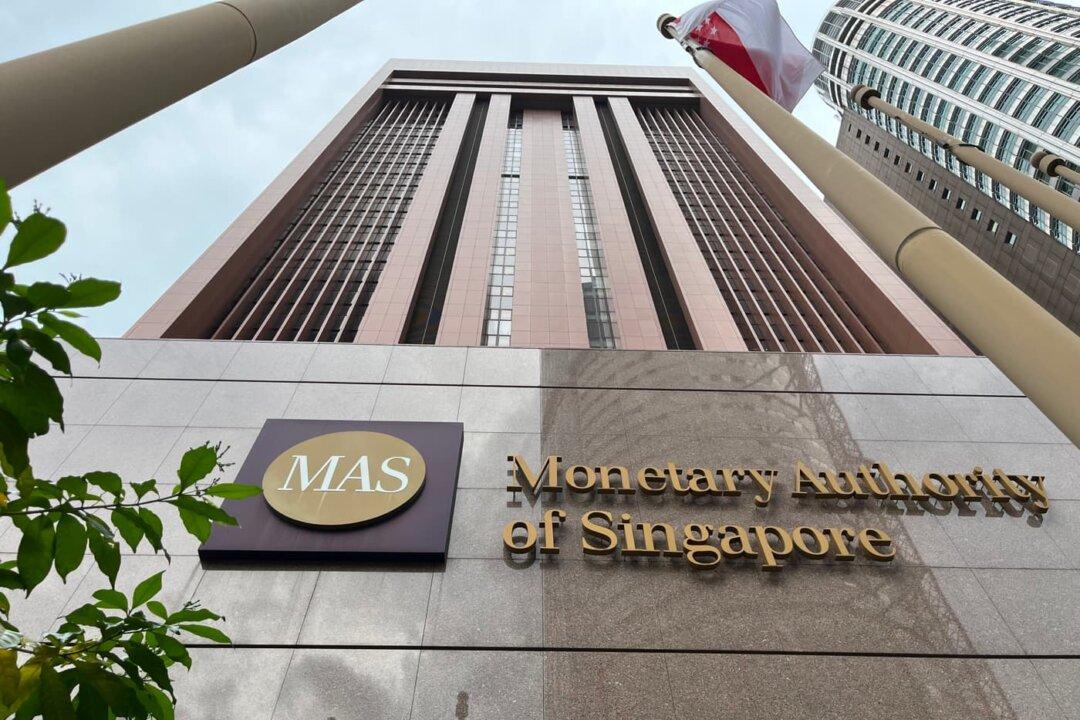Singapore’s parliament passed an Extradition (Amendment) Bill that aimed to reform the Extradition Act of 1968 and bring it, and related Acts, in line with international norms.
In his speech before Parliament on April 4, Second Minister for Law Edwin Tong said the bill’s objective was the “modernization” of Singapore’s extradition regime.




